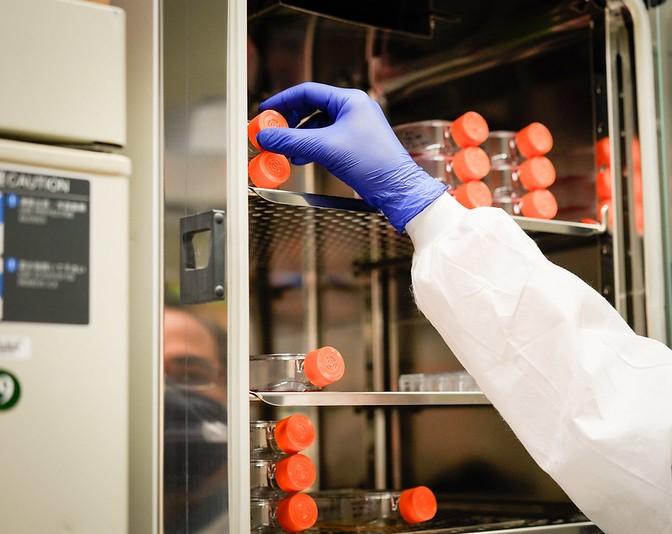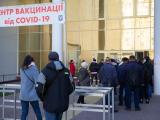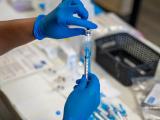In the latest global COVID-19 developments, some recent hot spots reported new daily record cases, as US officials announced the transfer of some technology to an international effort to speed and share new pandemic tools.
Cases accelerate in later Omicron outbreaks
In Hong Kong, where the peak is expected in the middle of March, cases reached a new daily record of 56,827. At a briefing today, health officials urged the public to stay home as much as possible. They noted continued assistance from the mainland, including the arrival of Chinese medicines. The food supply to Hong Kong is steady, and people shouldn't panic-buy in stores, the group added.
South Korea's cases today topped 240,000 for the first time, with more than 60% reported from the Seoul area, according to Yonhap News. The government has suspended vaccine passes due to lack of staffing, and health officials expect cases to peak in the middle of March.
In Japan, among the countries reporting later Omicron variant surges, cases are starting to decline, though hospitals are still under pressure, according to Reuters. Fifteen prefectures are expected to ask for extensions of the quasi state of emergency. However, officials are expected to relax some border restrictions.
Elsewhere, New Zealand's surge continued, with 23,183 new cases today, and officials expect hospitalization to rise and cases to peak sometime in the next 2 weeks, according to Radio New Zealand.
Technology transfer targets equitable access
At a virtual meeting with international health ministers to discuss lessons learned during the pandemic hosted by US Health and Human Services Secretary Xavier Becerra today, officials announced that the National Institutes of Health (NIH) will offer several technologies to the COVID-19 Technology Access Pool.
Through open licensing agreements, the licensing pool—launched in 2020—is designed to speed the development and more equitable distribution of new tools for battling COVID-19.
In a joint statement with the United Nations Medicine Patent Pool, the groups welcomed the NIH's offer. Tedros Adhanom Ghebreyesus, PhD, the WHO's director-general, said, "Voluntary sharing of technologies through non-exclusive agreements will not only help us put the pandemic behind us; it will also empower low- and middle-income countries to produce their own medical products and achieve equitable access."
The donations will not include the Moderna vaccine technology or those marketed by private companies for the US market, according to the Washington Post.
In other developments:
- The WHO today released updates to its treatment guidance, which includes a conditional recommendation for the SARS-CoV-2 antiviral molnupiravir for patients whose infections aren't severe. The agency also said the monoclonal antibody cocktail casirivimab-imdevimab shouldn't be used for patients with Omicron infections, owing to a lack of effectiveness.
- Researchers involved in the UK-based Recovery Trial, a large effort to test potential COVID-19 therapies, today in a preprint study suggested that baricitinib significantly cut the risk of deaths by about 13%, a smaller level than previous trials showed. When combined in a meta-analysis with other studies, the group predicted a 20% reduction in deaths. The drug, an anti-inflammatory used for rheumatoid arthritis, can be combined with other treatments for added benefits.
- The global totals today rose to 441,662,460 cases, and 5,980,210 people have died from their infections, according to the Johns Hopkins online dashboard.






















